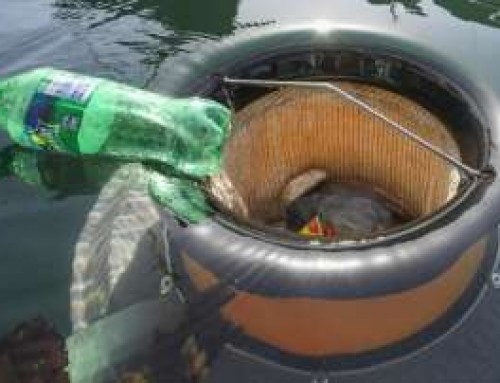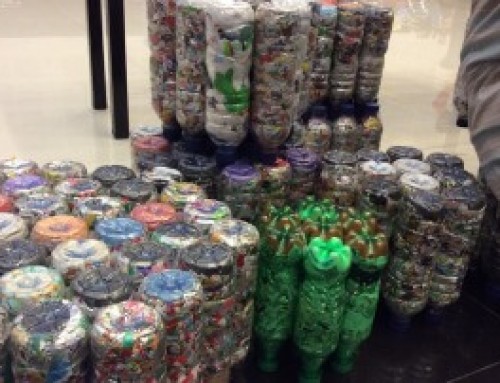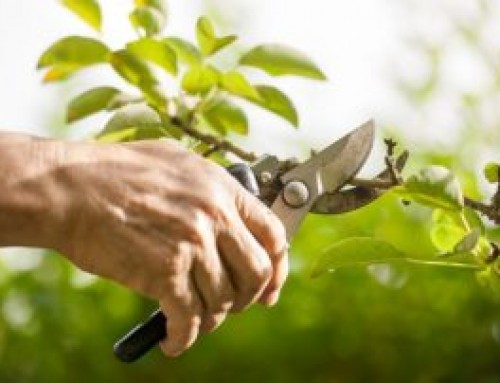Could insects like maggots take waste from supermarkets or direct from farms and turn it into something that livestock like chickens, pigs or fish could eat?
In the United States 40 per cent of food is wasted while Australians waste about $8 billion of food every year, according to the FoodWise campaign.
Canberra-based company GoTerra is experimenting with the idea of using insects to solve such waste problems and expects to process 200 tonnes of waste this year, turning it into chicken food.
“We’re providing a sustainable solution for food waste management, an alternative livestock feed compound and we are decentralising waste management and managing food and effluent waste by doing it onsite,” chief executive Olympia Yarger said.
The company cultivates the larvae of the black soldier fly, raising them on waste streams.
Ms Yarger said the larvae can process grape marc (what is left over from the grapes after pressing), pumpkins and unsold food from the retail sector and do it in a surprisingly clean way.
“The larvae eat rapidly, voraciously and aerobically, so instead of that really foul maggot smell you get this more composted, organic smell,” she said.
GoTerra is also supplying modular insect farms that can stand alone from a factory or farm.
“We want to put those in places that are hard to get waste from,” Ms Yarger said.
Olympia Yarger has set up a company that processes waste from farms and food outlets and turn it into animal feed, using insects.
While insects are a radical departure from farming as we know it, Ms Yarger said she was not trying to get rid of traditional agriculture.
Ms Yarger was a wool classer, but also sees an opportunity to create better value from the waste from farms, vineyards, piggeries and supermarkets.
“There is no such thing as waste, just resources,” she said. Could breeding insects and using them to process waste be the pathway to truly sustainable agriculture in the not-too-distant future?
An international industry Internationally, insect-recycled waste is becoming a multi-million dollar industry.
In Australia progress is slower as there are restrictions on importing any kind of live insects and companies must get approval to bring in insect-derived feed products.
Founder and CEO of AgThentic Sarah Nolet said that she can see some big challenges for the sector as most countries lack a regulatory framework that can handle the potential risks, such as bringing mad cow disease in to Australia.
“China is a clear exception, which is why companies like Protix have gone there to scale up production and establish traction,” Ms Nolet said.
Dutch company Protix raised $60 million last year to rapidly scale up its operation, which focuses on breeding, rearing and producing insects.
It also signed a deal with Swiss food technology group Buhler, which manufactures and sells equipment to feed companies.
Big projects worth tens of millions of dollars have also been funded in South Africa and France.





